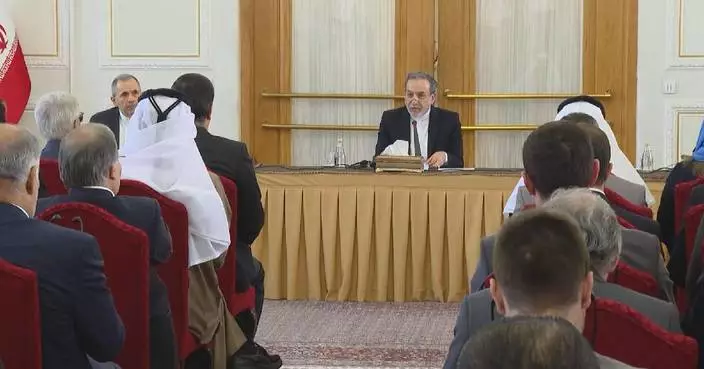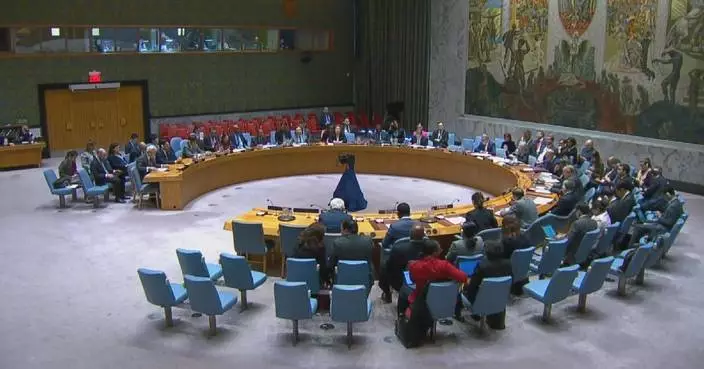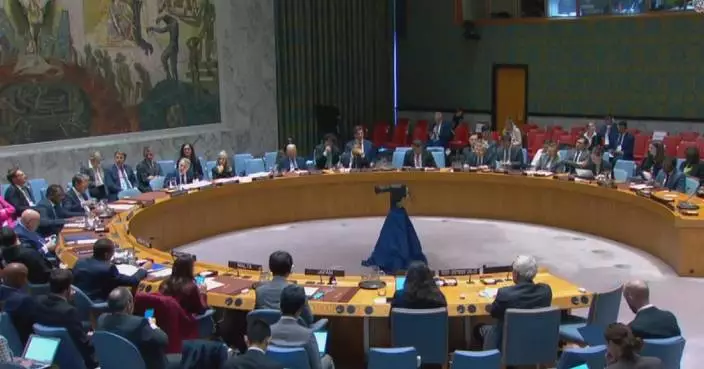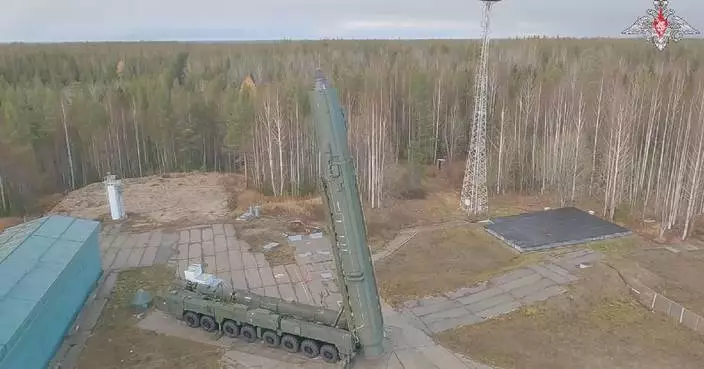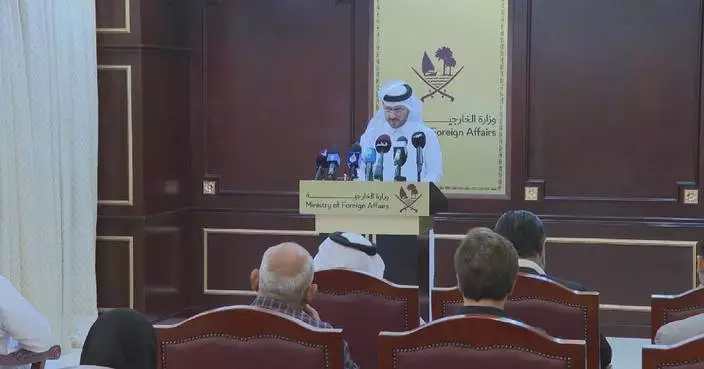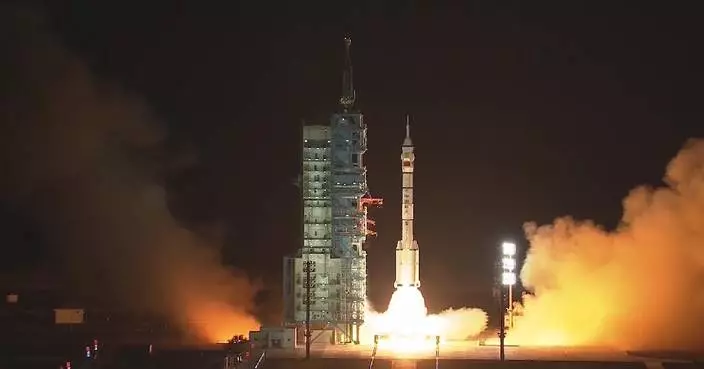Israeli airstrikes on Iran early Saturday signaled an unmistakable "red line", raising Middle East tensions as regional dynamics grow more complex, an Iraqi security analyst said on Monday.
Israel carried out airstrikes on military bases in western and southwestern Tehran early Saturday, killing at least four soldiers, according to Iran's Fars News Agency.
The Israeli attack came in response to Iran's missile barrage against Israel on Oct 1, itself a retaliation for the killing of Iran-backed militant leaders and a Revolutionary Guards commander.
The Israel Defense Forces (IDF) said early on Saturday that Israel had completed what it called retaliatory "precise and targeted" airstrikes on military targets in Iran earlier in the day.
In an interview with China Media Group (CMG) on Monday in the Iraqi capital of Baghdad, Fadhel Abu Raghif, an Iraqi security analyst and former intelligence official, highlighted the region's escalating security risks, noting that Israel, feeling its deterrence capacity challenged, sought to reassert its military power through recent airstrikes.
He said Iran might counter with either flexible tactics or stronger retaliatory measures, potentially through short-term escalation by Iranian forces or allied armed groups against Israel and Israeli targets along the Lebanese-Israeli border.
"The presence of Shia militias has a tangible impact on Israel, potentially emboldening these groups to continue their attacks on Israel," said the security analyst.
Raghif also emphasized that the strikes underscore Israel's close collaboration with the United States (U.S.), making the conflict between Iran and Israel part of a broader geopolitical crisis.
"As Israel's patron state, U.S. support has empowered Israel to take unilateral actions, and such backing must be restrained to prevent the Middle East from spiraling into conflict," he said.

Israeli airstrikes on Iran raise Middle East tensions: analyst



